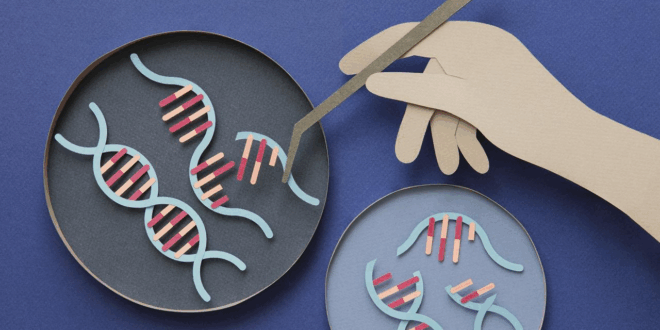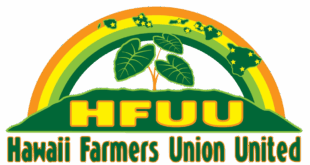Gene editing (Crispr, Talen, etc.) techniques have been heavily utilized for developing new plant genotypes and registering new varieties. This method, also defined as New Breeding Techniques (NBT) or New Genomic Techniques (NGT), is particularly successful at shortening the plant breeding period. Gene editing is essentially an artificial mutation. Initially used in the breeding of new plant varieties, it stood out due to the shortening of the long breeding period. The development of a new chickpea variety in a short period like four years has led to the rapid global spread of NGT.
The EU’s European Court of Justice (ECJ), in a ruling in 2018, ruled that organisms obtained through gene editing technologies such as CRISPR fall under the scope of the 2001 Genetically Modified Organisms (GMO) Directive. This meant that gene-edited products were subject to the very strict regulations, arduous risk assessments, and labeling requirements applicable to GMOs.
It is at this exact stage that Copa and Cogeca ((www.copa-cogeca.eu), the united voice of farmers and agricultural cooperatives in the EU), and Euroseeds ((www.euroseeds.eu), the single voice of the European plant breeding and seed sector) have jointly published a letter regarding the EU’s New Genomic Techniques regulation, calling for the following issues to be implemented as soon as possible…

Details: https://lnkd.in/drA9ubMN
By Professor Dr. Nazimi Açıkgöz
 THE GLOBAL WINDOW OF TURKISH FOOD AND AGRICULTURE The Global Window of Turkish Food and Agriculture Sector
THE GLOBAL WINDOW OF TURKISH FOOD AND AGRICULTURE The Global Window of Turkish Food and Agriculture Sector








